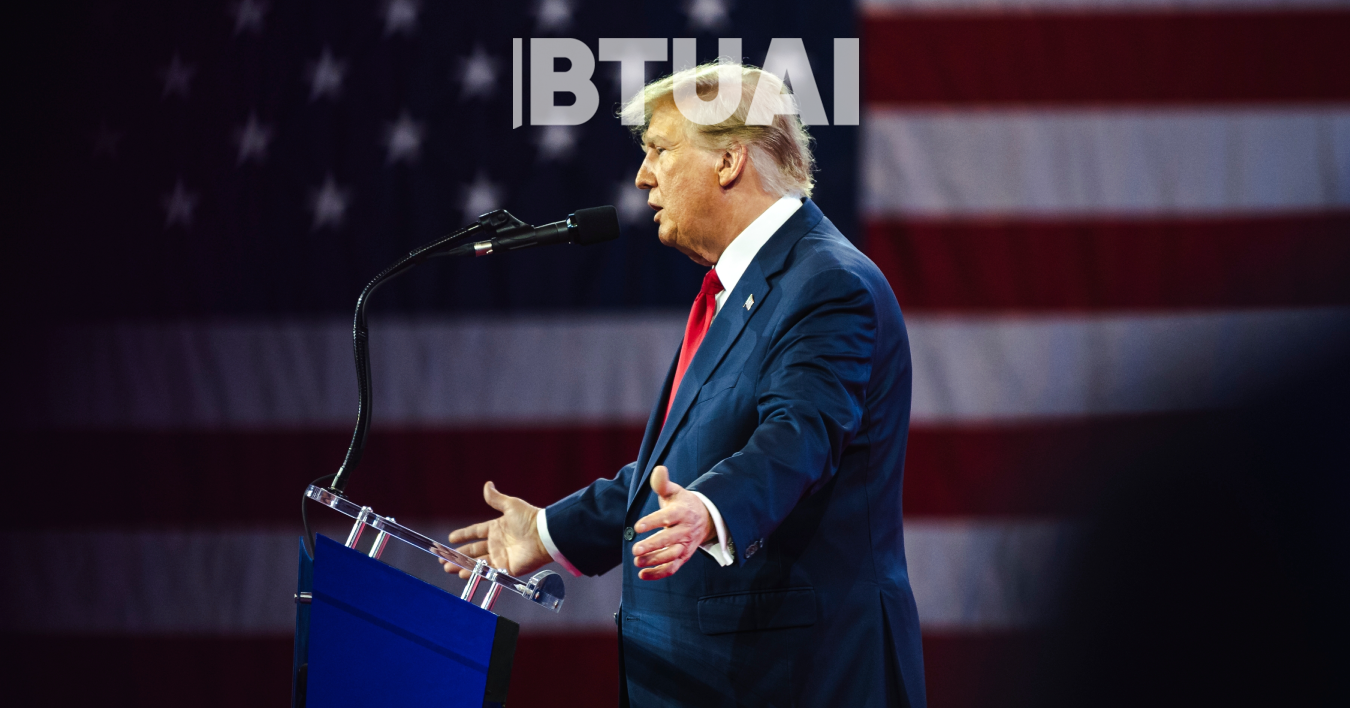Trump’s Impact on the Technology Sector
The re-election of Donald Trump is likely to significantly impact the development processes in the technology sector, affecting both

The re-election of Donald Trump is likely to significantly impact the development processes in the technology sector, affecting both business operations of companies and regulatory norms and public policy. Global tech giants like Amazon, Apple, Meta, and Microsoft are already trying to strengthen their ties with the Trump administration and his key supporter, Elon Musk. Trump’s approach to technology is closely linked to his liberal positions on business and regulation, where his policies were more business-friendly and lenient compared to the Democrats’ administration.
Trump’s re-election could serve as a catalyst for processes such as corporate agreements, increased private investments, and the encouragement of new initiatives. During the Democratic Party’s rule, especially under Biden’s administration, tech companies faced significant challenges due to antitrust regulations. Microsoft, Amazon, and Google were forced to adopt “creative” approaches, such as hiring startup founders or licensing their technologies, to avoid violating antitrust norms. Trump’s return is likely to lead to changes in antitrust regulations in both the US and Europe, providing tech giants with the opportunity to pursue riskier and more innovative initiatives.
Elon Musk’s role as Trump’s supporter is under particular scrutiny. Musk spent over $100 million on Trump’s campaign, and Trump called him a “super genius,” promising that he would serve as a consultant on reducing government spending and regulations. Trump’s return to power in trade regulation matters could become a catalyst for new investments and technological innovations. Musk’s involvement implies a more liberal approach to the tech sector, which will promote both local and international investments and stimulate the innovation process.
Trump’s re-election will also significantly impact companies that own social media platforms. For instance, Meta’s CEO, Mark Zuckerberg, is actively trying to rebuild ties with Trump and garner his support, which was not as prevalent in recent years. Zuckerberg’s approach and statements, such as calling Trump a “good guy,” suggest his willingness to collaborate. This shift is significant because Trump had previously accused Facebook and Instagram of censorship, stating that during his presidency, social media freedom would increase significantly. This expectation will also foster a positive attitude toward tech platforms and a more open policy regarding free speech, creating substantial opportunities for the tech sector.
One major issue is the future of TikTok in the US market. In 2020, Trump proposed banning TikTok but later changed his mind, stating that its ban was not planned because it provided competition to Facebook, which he called a “public enemy.” Despite this, TikTok still faces legal battles with the US government, leaving the platform’s future uncertain.
Regarding artificial intelligence (AI), Trump does not yet have a clearly defined policy, although during his first presidency, he supported strengthening American leadership in the AI field. To this end, he signed an executive order aimed at reinforcing US leadership in AI. During Trump’s new term, this sector is predicted to receive even more innovation, particularly as Trump has already announced plans to reverse Biden’s AI safety regulations. Elon Musk’s support, who advocates for innovation in AI and its safe use, further raises expectations that the US will maintain its global leadership in AI.
During Trump’s second term, AI development is expected to receive significant support not only from the private sector but also at the state level. Trump’s views on free innovation, reducing regulations, and supporting business will help boost investments in AI. This policy will assist the US in maintaining global leadership in the tech market and competing with China, which is also actively developing artificial intelligence. Musk’s involvement, through his new startup xAI, will further strengthen innovation and the development of new technologies, providing significant momentum to the tech sector.
Trump’s re-election and its impact on the technology sector will change global innovation processes in many aspects. The relaxation of restrictions, corporate agreements, the encouragement of new investments, AI development, and increased independence for social media platforms will be the main directions likely to have a substantial impact on the tech sector. Trump’s new policy may increase innovative initiatives and give tech giants a faster and freer path for development. His approach, which includes fewer regulations and business support, could become a key factor in strengthening the US tech industry’s global leadership.
Furthermore, Trump’s attitude toward regulatory bodies and the reduction of their role will significantly simplify the operations of tech companies. Companies like Apple, Amazon, and Google will be able to invest more in new projects and startups, ultimately stimulating the tech sector’s growth. At the same time, the reduction of regulatory restrictions and increased business freedom will likely lead to new players entering the market, which will boost competition and encourage the widespread adoption of innovative solutions.
Overall, Trump’s re-election could become a major turning point for the tech sector. His policy, which encourages free innovation and investment, is likely to become a catalyst for a new wave of technological development. These changes will have not only economic but also social effects, as they will increase the number of jobs, ensure more innovation, and create new opportunities for businesses and consumers alike.




